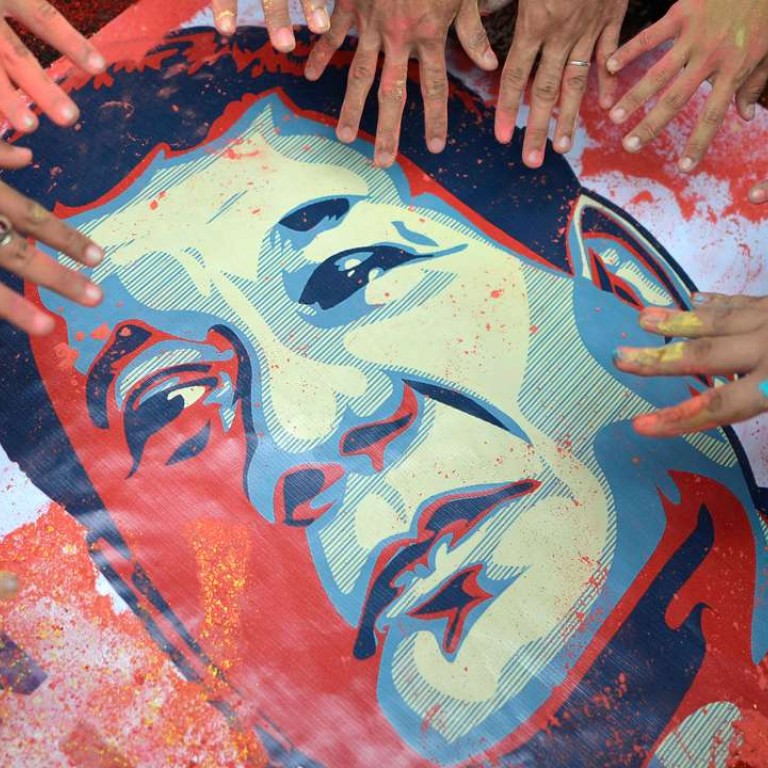
All eyes on Rodrigo Duterte’s actions after his torrents of acerbic words
The new Philippines’ president has appointed a strong economic team, and now he has to apply such smart thinking to formulating and enacting policy
The Philippines has not before known a president like Rodrigo Duterte. He can be acerbic, at times foul-mouthed, a loose cannon whose outrageous off-the-cuff remarks have gained him international attention. But there is a difference between appealing to the masses to win an election and taking the helm of the ship of state. Now that he has ascended to his country’s highest office, he has to replace the bluster and profanity with pragmatism and even-handed leadership.
Duterte’s priorities are domestic, with law enforcement, cracking down on corruption and drugs and alleviating poverty top of his agenda. He won election by tapping into dissatisfaction with the political elites and their failure through successive governments to tackle poverty and inequality. His transformation of the southern city of Davao during 22 years as mayor won over voters, but his iron-fisted methods may not so easily fit the national stage.
After criticism from world leaders, including UN Secretary General Ban Ki-moon, he has stepped back from rhetoric endorsing extrajudicial killings. Among controversial remarks were that drug traffickers and journalists who took bribes should be killed and priests critical of him were “sons of whores”. In his inauguration speech on Thursday, he promised to abide by the rule of law. But concerns still abound that critics will be treated harshly and laws ignored.
The new president’s foreign policy and national security agenda have yet to be laid out. He has links to communist groups, has appointed several leftists to his cabinet and has reached out to China to mend frayed relations. President Xi Jinping sent a congratulatory message on his appointment, saying he was willing to work with him on improving relations. But Duterte has sent mixed signals over disputed territory in the South China Sea. A military alliance with the US means he will have to strike a balance between the Asia-Pacific’s major powers.
Duterte’s cabinet is a mix of technocrats, academics, stalwarts from past presidencies and what observers term “friends, classmates and comrades”. Those who worry about his upcoming six years in office can be comforted by the strong economic team he has chosen to continue growth, create jobs and fight poverty, which has won praise from the business community. Such goals will require political will, but the right foundation is in place. He has to apply such smart thinking to formulating and enacting policy.

